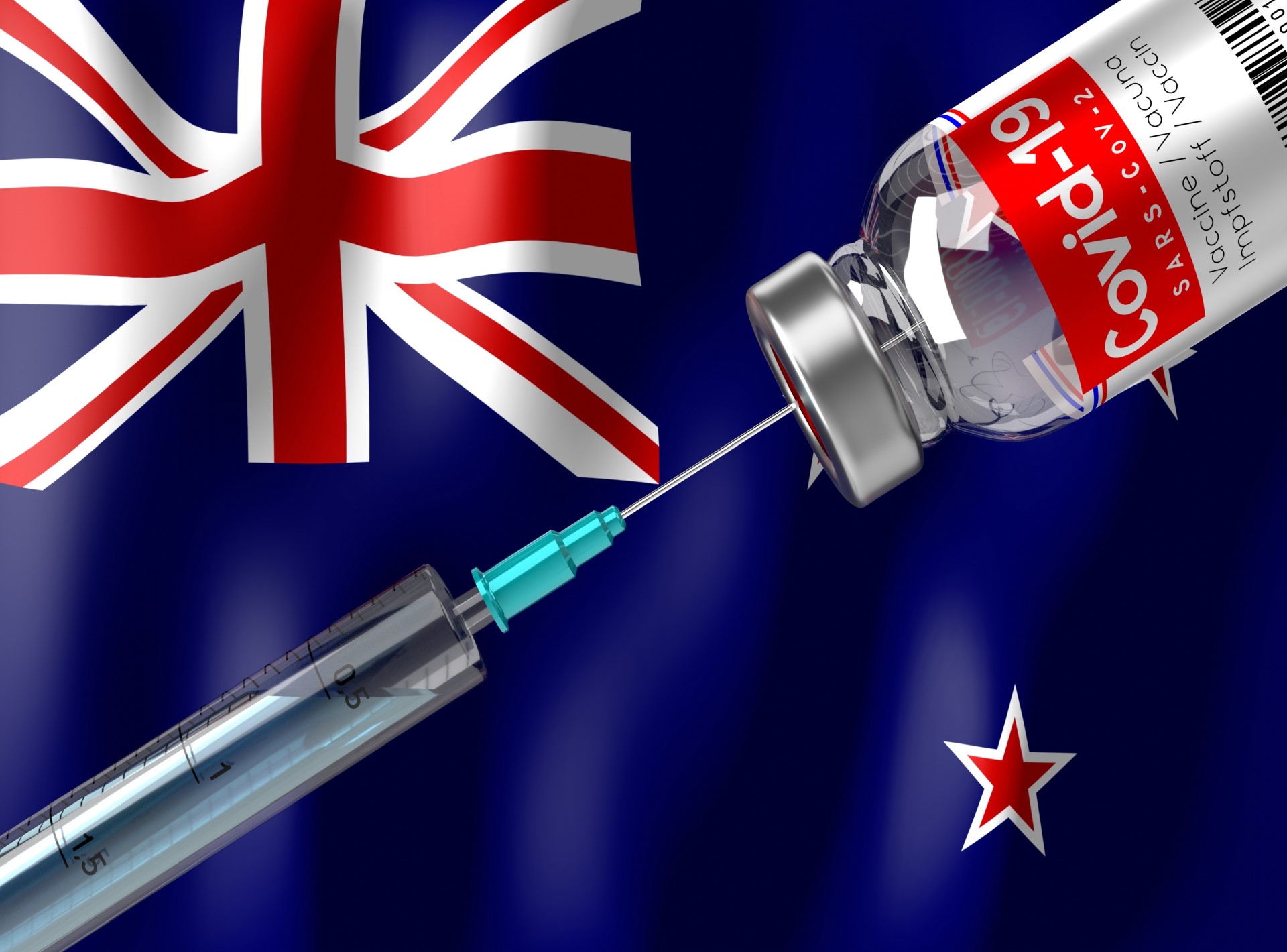 According to a preclinical study from NZ, the new ‘Kiwi Vax’ provided 100% protection against COVID in mice, including multiple variants, and prevented the virus from replicating.
According to a preclinical study from NZ, the new ‘Kiwi Vax’ provided 100% protection against COVID in mice, including multiple variants, and prevented the virus from replicating.
The research, published 3 March 2023 in iScience, showed that unique formulation of the Kiwi Vax, developed by Vaccine Alliance Aotearoa New Zealand (VAANZ), induced a safe and highly effective immune response to SARS-CoV-2 variants of concern, making it a promising booster vaccine candidate.
The team, which included researchers from the Malaghan Institute of Medical Research, Victoria University of Wellington, the University of Otago (US), and The University of Melbourne, said the clean design of VAANZ-∆_RRN meant that the vaccine was highly immunogenic, robustly expressed, and had a strong stability profile.
The vaccine was independently tested by the US National Institutes of Health and the University of Melbourne.
Dr Lisa Connor, head of VAANZ’s Vaccine Evaluation team, said that the protein-based Kiwi Vax worked in a similar way too many traditional vaccines, using genetic information from the virus’s distinct spikes, with a few key differences.
“Kiwi Vax has a unique set of attributes – its clean design does not attract extraneous immune responses, and it is designed to be specific to the virus,” she explained.
“The subunit vaccine combines two different parts of the spike protein – the receptor binding domain and the N terminal domain – and these specific regions have been identified to contain ‘hot-spots’ that trigger potent immune responses against critical areas of the SARS-CoV-2 virus required for infection.
“It elicits a broad antibody and T-cell response to all variants of concern, including Omicron, providing complete protection against disease, and prevented the virus from replicating in mice.”
Mice were unvaccinated or immunized on day 0 and 21 with 50 µg of VAANZ-∆_RRN and given the strong protective capacity of previous SARS-CoV-2 infection for subsequent infection, a convalescent group of mice was established using a sub-lethal dose inoculation of ancestral Wuhan strain on day 14.
On day 35, all groups of mice were infected with the B.1.617.2 Delta variant and then monitored for body weight changes and mortality.
The unvaccinated mice exhibited rapid weight loss, and by day 16, 61.5% of mice had succumbed to COVID, yet all mice immunized with VAANZ-∆_RRN were protected from the disease and did not lose any body weight.
A similar level of protection from weight loss was observed when the vaccine was tested against the ancestral Wuhan strain and 100% of the mice survived, as opposed to just 7% in the unvaccinated group.
“As expected, VAANZ-∆_RRN showed a strong response against the ancestral and Delta variants,” Dr Connor said, noting that the T cell response induced by both the ancestral- and Delta-based constructs were also similar.
“Interestingly, mice immunized with VAANZ-∆_RRN had high levels of cross protective antibodies against Beta and Gamma and even Omicron BA.1 SARS-CoV-2 variants… and the immune response generated by the vaccine is also very durable and long-lasting.”
Antibody levels in VAANZ-∆_RRN vaccinated mice peaked at approximately 70 days after the first dose and then plateaued 100 days after the second dose, remaining stable for at least 220 days.
“Likewise, anti-RBD IgG in VAANZ-∆_RRN vaccinated mice persisted for 384 days,” Dr Connor said.
“These data suggest that, despite the smaller size of the dimerized RBD and NTD protein, compared to full length spike protein, protection and neutralizing antibody was comparable to responses elicited by the whole virus… and results to date indicate that Kiwi Vax is stable at refrigerator temperature for several months and at room temperature for at least one month.
“These are important advantages over current vaccines.”
The Malaghan Institute’s Dr Kjesten Wiig, the Executive Director of VAANZ, explained with philanthropic funding, the Malaghan Institute is planning to take Kiwi Vax through to a local phase I safety clinical trial later in 2023 in partnership with the NZ vaccine manufacturer, South Pacific Sera.
“[However], we would need a significant industry, philanthropic or government partner to progress to later stage clinical trials and regulatory approval,” Dr Wiig said.
“But wherever this lands, what we have set out to achieve here has been achieved.
“We’ve proven that New Zealand has the expertise and skills to develop a novel and effective vaccine against a pandemic virus and have built the capability, knowledge, and connections to lay the foundations for New Zealand’s response to future pandemics.”
The research can be found at: https://doi.org/10.1016/j.isci.2023.106256

